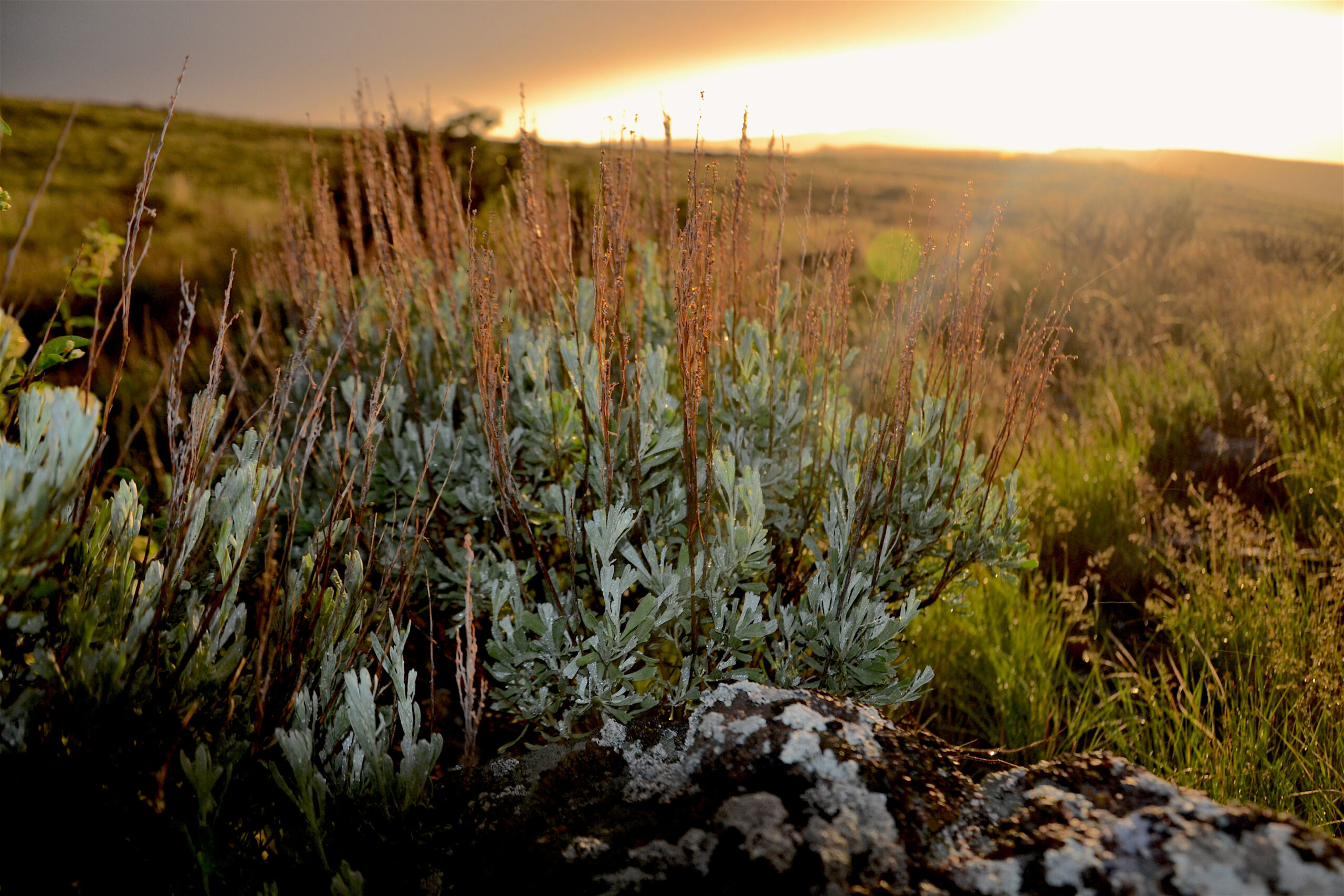
Advancing habitat conservation with people-focused, large-scale solutions.
Our Mission
Conserve and enhance bird habitats at meaningful scales through capacity building, science, communications, and strategic partnerships.
our vision
An Intermountain West where people, birds, and other wildlife thrive.
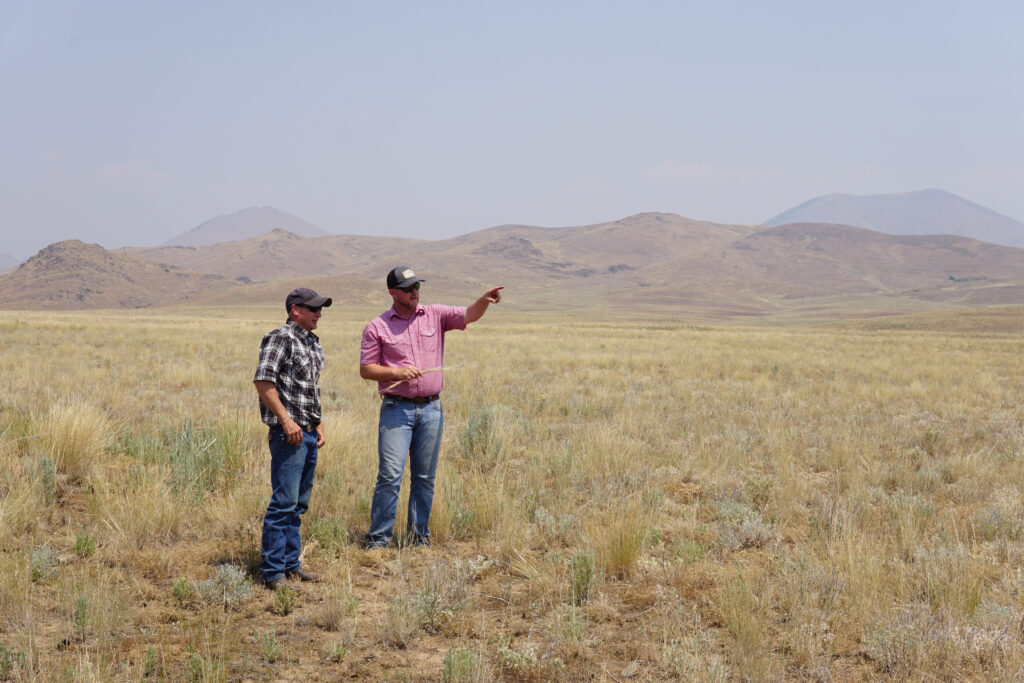
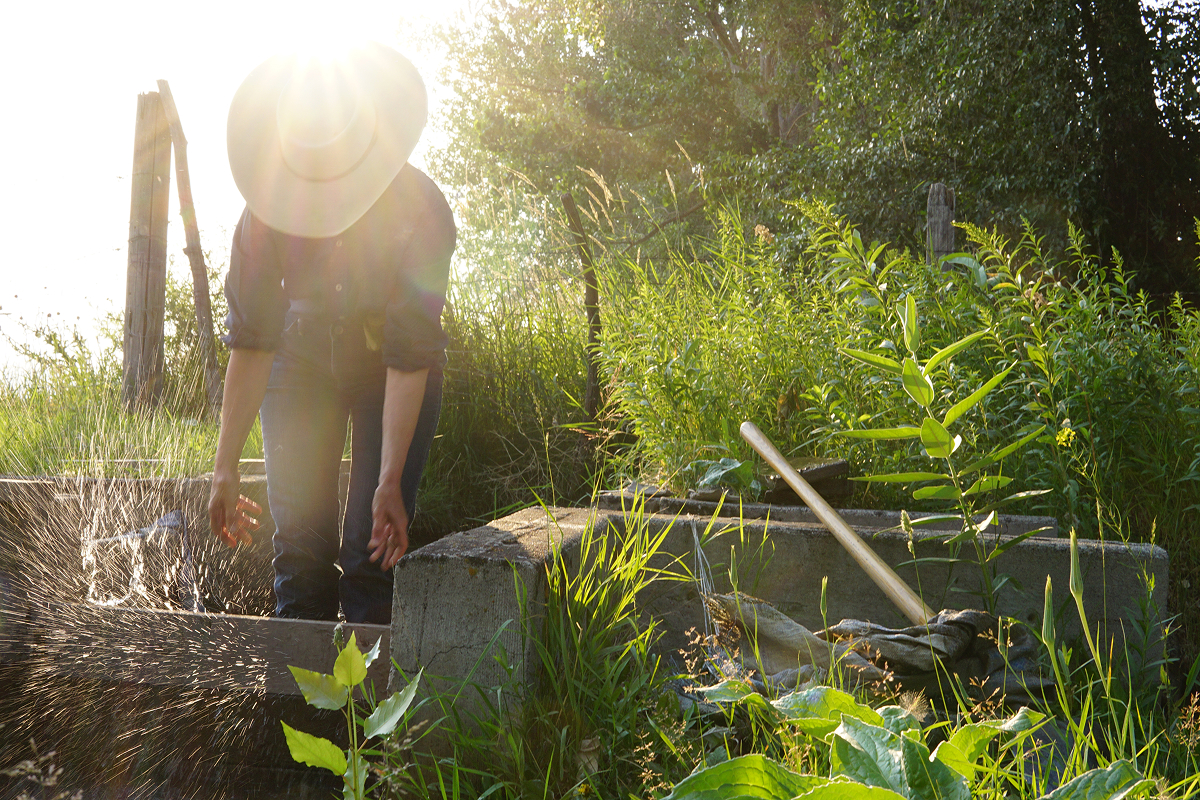
Our Approach
Since the early 2000s, the IWJV has made its mark by operationalizing people-centric conservation approaches. We work in ways that drive conservation funding and implementation at scales that matter.
People-Driven Conservation
The IWJV prioritizes people in conservation. Our approach brings together diverse perspectives, ensuring that local communities, landowners, and partners play a central role in shaping and implementing conservation solutions.
Science-Guided Solutions
We balance habitat conservation with multiple natural resource benefits. By using science to inform decisions, we ensure that conservation efforts are both effective and sustainable for people and wildlife alike.
Expanding Our Impact
Since 1994, the IWJV has focused on conserving and enhancing bird habitats. Over time, we have evolved our strategies, stretching the boundaries of the 30-plus-year Migratory Bird Habitat Joint Venture enterprise to support conservation at larger scales.
We refine our operations through a tiered planning approach: a strategic plan that defines our focus, an implementation plan that outlines actions, and an annual plan that sets yearly priorities and budget. This structure keeps the IWJV nimble, supporting partners and driving real-time conservation innovation in a changing landscape.

Investments in People and Communities
The IWJV helps partners deliver effective conservation by investing in people.
We leverage base U.S. Fish and Wildlife Service funding received through the joint venture line item in the annual Appropriations Bill with a variety of other funding sources, including, but not limited to: The Bureau of Land Management, Natural Resources Conservation Service, other U.S. Fish and Wildlife Service programs, ConocoPhillips, and Rocky Mountain Power.
The IWJV core staff and 50-plus field delivery capacity partner positions are supported with this funding; their work triggers on-the-ground conservation actions. This work would likely not happen without the additional partnership capacity created through the IWJV.
This funding model requires emphasizing the multiple benefits of conservation practices, e.g., wildfire risk reduction, water quantity and quality improvement, soil health enhancement, and rural economy sustainability. Birds and bird habitat needs seldom drive landscape-scale conservation in the Intermountain West, but there are many ways to incorporate bird habitat conservation into programs with much broader natural resource objectives.
learn about our habitat programs
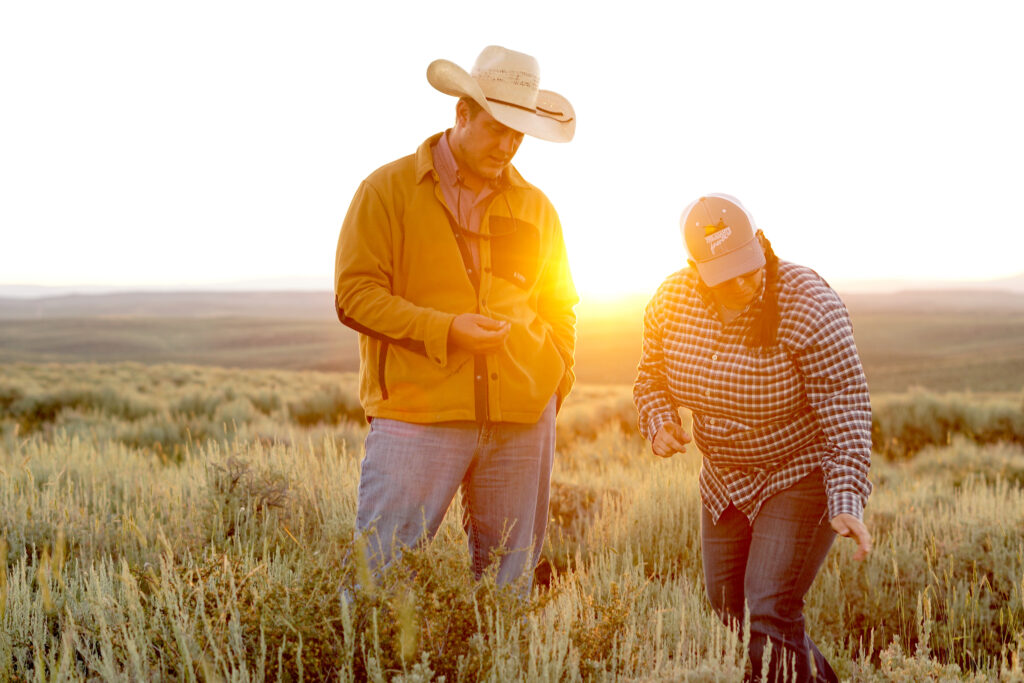
Sagebrush Rangelands
We enact cross-boundary management of sagebrush rangelands for people, wildlife, and the economy.
Discover the Habitat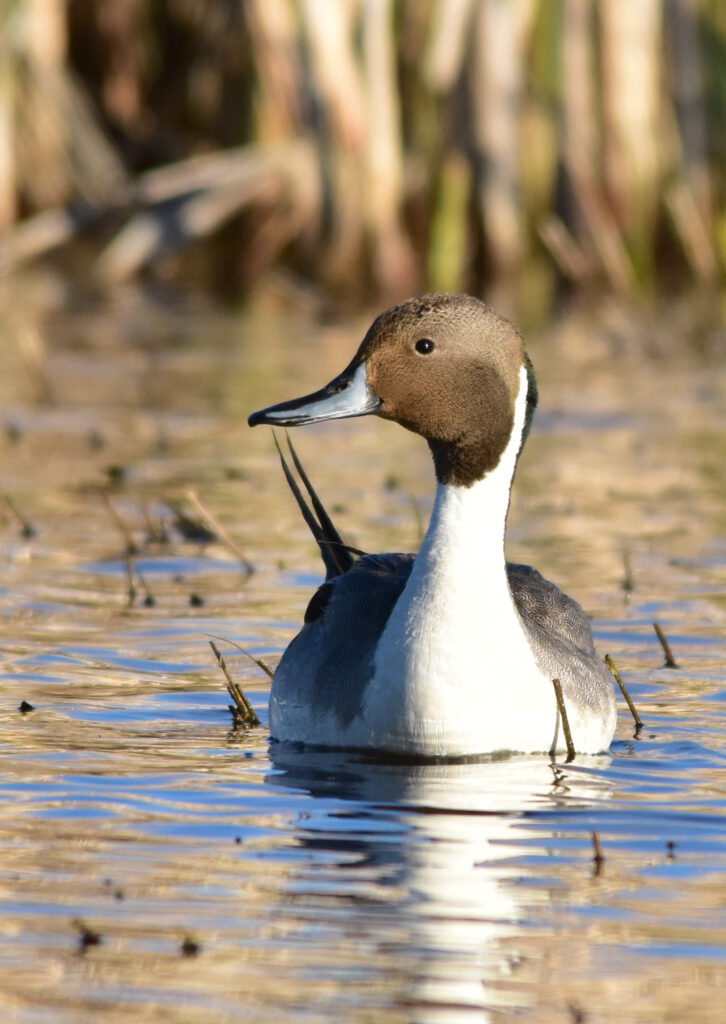
Water & Wetlands
We conserve working wetlands for agriculture, wildlife, groundwater recharge, and landscape resiliency.
Discover the Habitat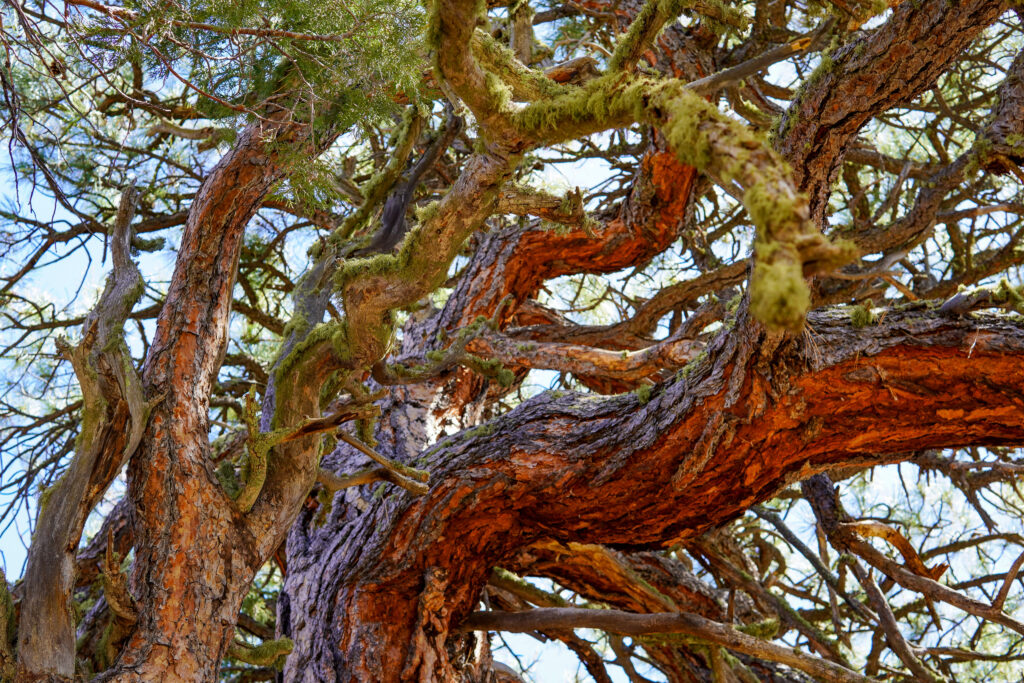
Western Forests
We improve forest habitat for birds and other wildlife while reducing wildfire risk and supporting communities.
Discover the HabitatMeet Our Neighboring Joint Ventures
Migratory Bird Joint Ventures
Migratory Bird Joint Ventures are voluntary, cooperative, regional partnerships of federal, state, and provincial agencies working with private industry, private landowners, non-profit organizations, tribes, academia, and other partners. Joint Venture partners work together to build and sustain a healthy world for birds, other wildlife, and people. To learn more about Migratory Bird Joint Ventures across North America, visit www.MBJV.org.

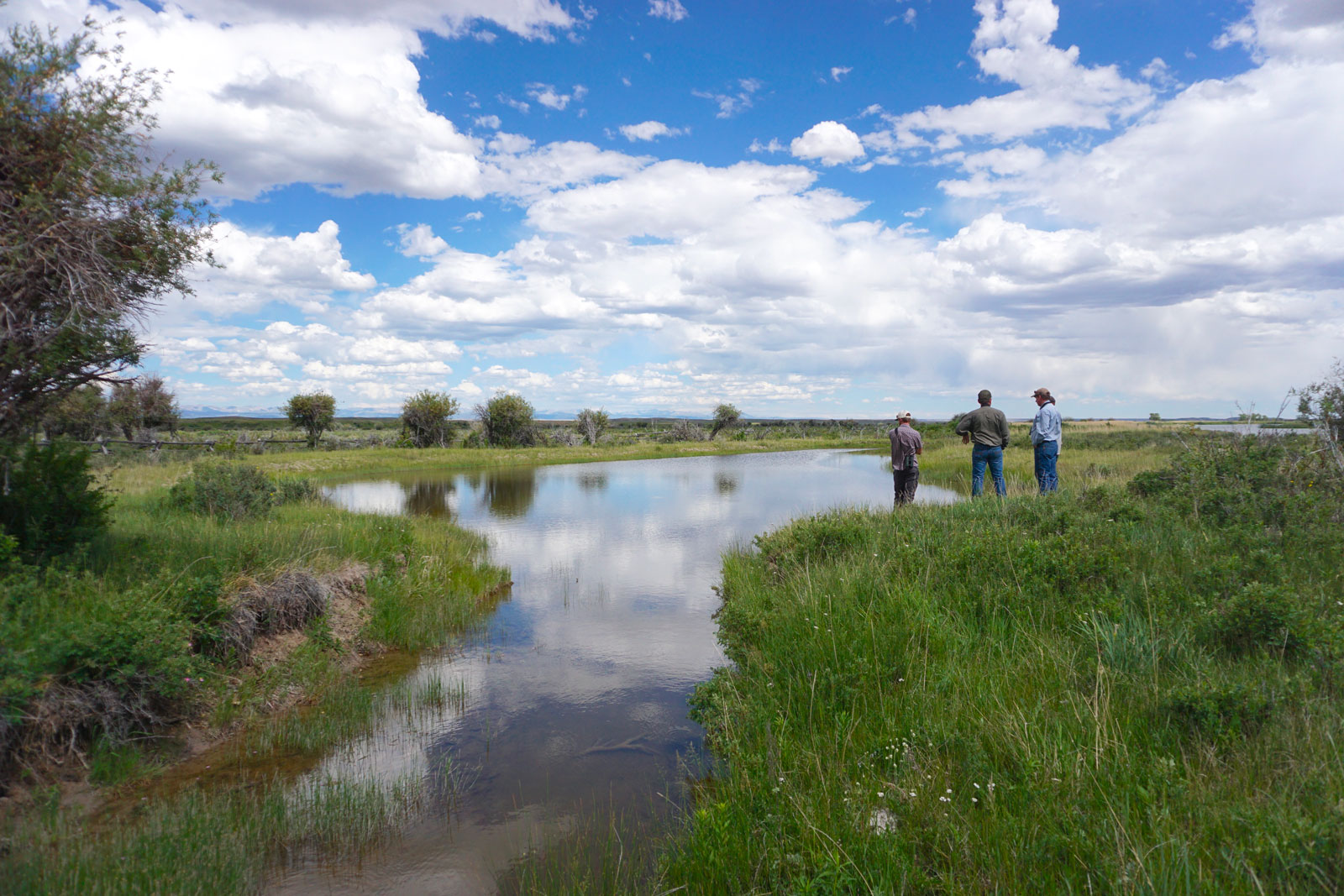
The Future is in Partnerships
The Intermountain West supports some of North America’s most impressive wildlife, but faces threats that are functionally changing the landscapes. Your partnership is key to addressing these challenges.